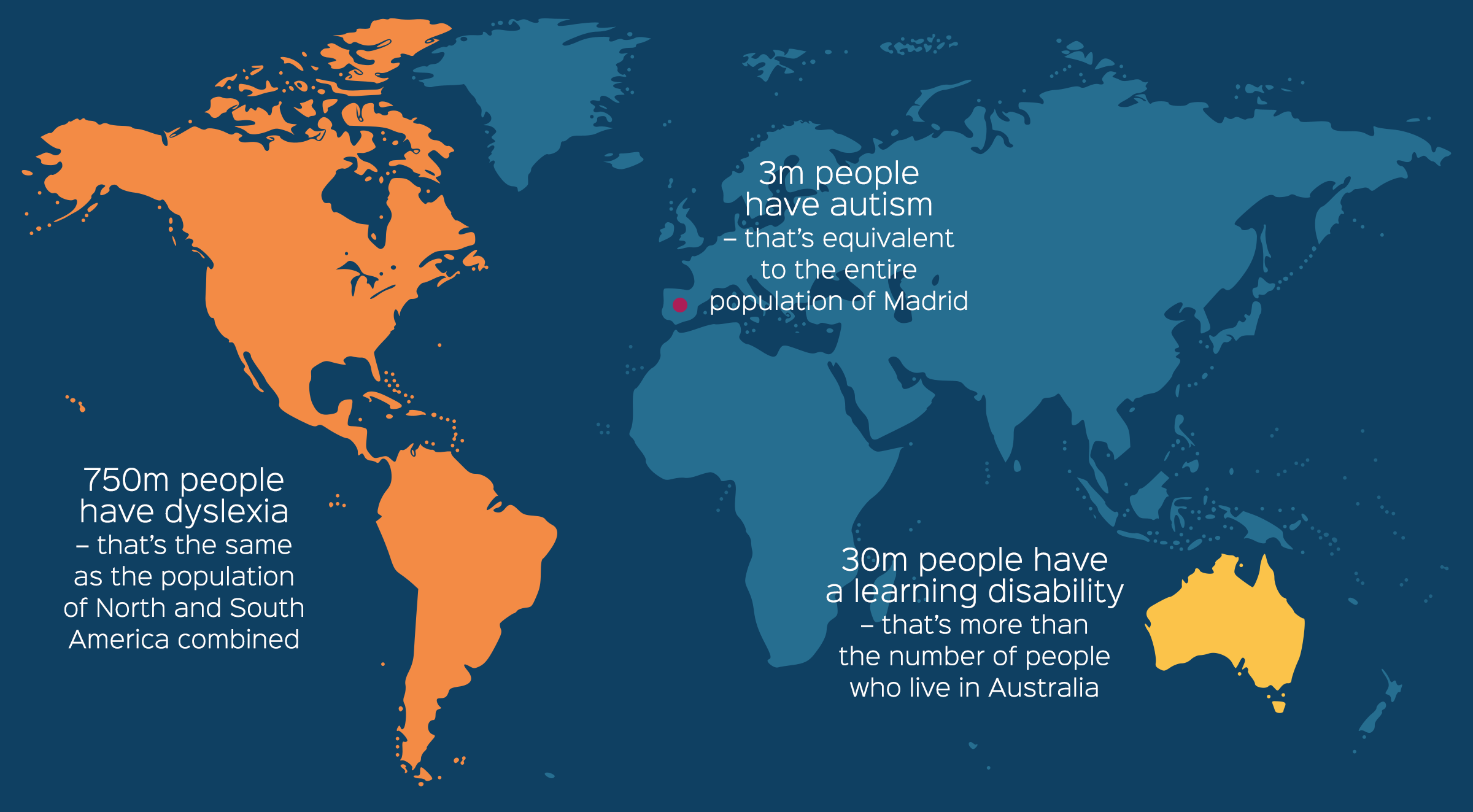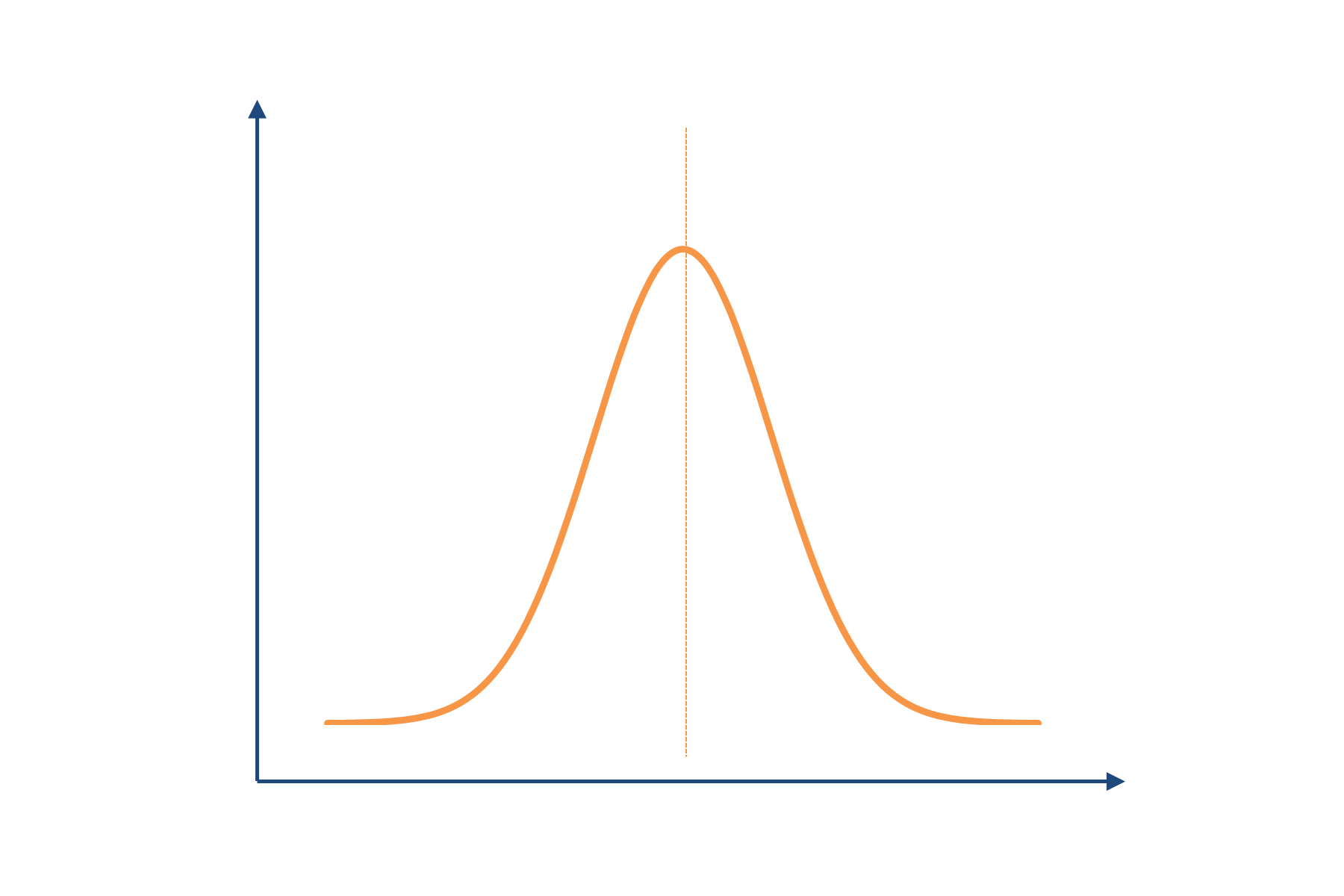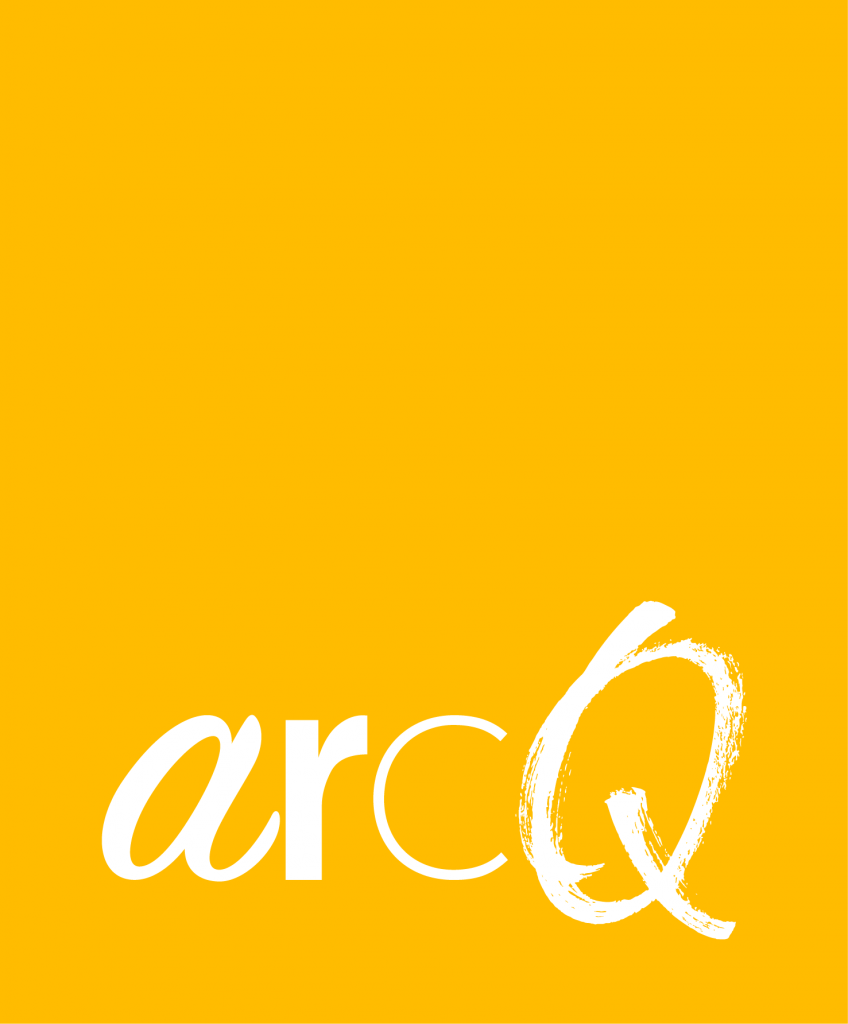ArcQ supports young people to discover their own path and fulfil their potential. We recognise differences, challenge assumptions, and guide young people in accessing the opportunities around them.
We work with young people, their families and community organisations to identify their learning preferences, discover their passions and build an exciting path to their future – a path that leaves their unique mark on the world.
We believe that humans are all on a spectrum of differences and similarities. Everyone learns differently and has different strengths and weaknesses. We all bring our unique perspective to the world and there are many ways to show intelligence. Traditional educational approaches are too often inflexible and don’t give young people the opportunities they need to thrive and grow.
Our approach is based on the professional and personal experiences of our founders over several decades – spanning educational psychology, school leadership, teaching and consultancy, as well as intercultural understanding and inclusion.
Inclusion and Difference
Everyone is different.
Everyone has a unique way of learning.
We all connect with the world around us differently.
We are all on a human spectrum of differences and similarities.
Some people have particular difficulties with learning, such as dyslexia or attention deficit hyperactivity disorder. Some people have reduced intellectual abilities associated with conditions such as Down’s syndrome or autism, for example, and struggle with learning and everyday activities.
Learning differences, disabilities and difficulties are found throughout the world, in every culture, community, society and socio-economic group.
One world: 7.5bn different ways of learning


Only 6% of people in the UK with a learning difference have a job.
Our world struggles to make sense of people with learning differences, meaning that they can often be hindered from fulfilling their potential. Young people with learning differences often suffer more disadvantages than their peers, such as health problems, poverty or isolation. As they grow up, they are more likely to get involved with crime and less likely to be able to live independently and earn their own money. They may end up relying on institutional solutions and family members, leaving them isolated from mainstream social, cultural and political opportunities.
At ArcQ we too often see inflexible systems that don’t give these young people the opportunities that they need to thrive and grow. The widely-used ‘bell curve’ model of education, for example, conveys the theory that most people are averagely intelligent, a few are not intelligent at all and a few others are gifted.
This rigid view of what people can or can’t do (linked with the ‘medical model’ of disability), reinforces the idea that young people with learning disabilities are limited in what they can achieve.
But it doesn’t have to be this way.
We believe in a different approach. We support the ‘social model’ of disability. By adapting our methods, young people can be supported to take part in the world around them, build on their strengths and celebrate their differences. In the case of education, for example, a flexible curriculum can be created which fits the needs, strengths and interests of all students.
Just look what can happen when young people are supported to develop their talents.
Matthew Williams is an athlete who plays basketball, track and field, swimming, hockey and curling. He also has a learning difference. By taking part in the Special Olympics he – as he points out – has become a champion.
